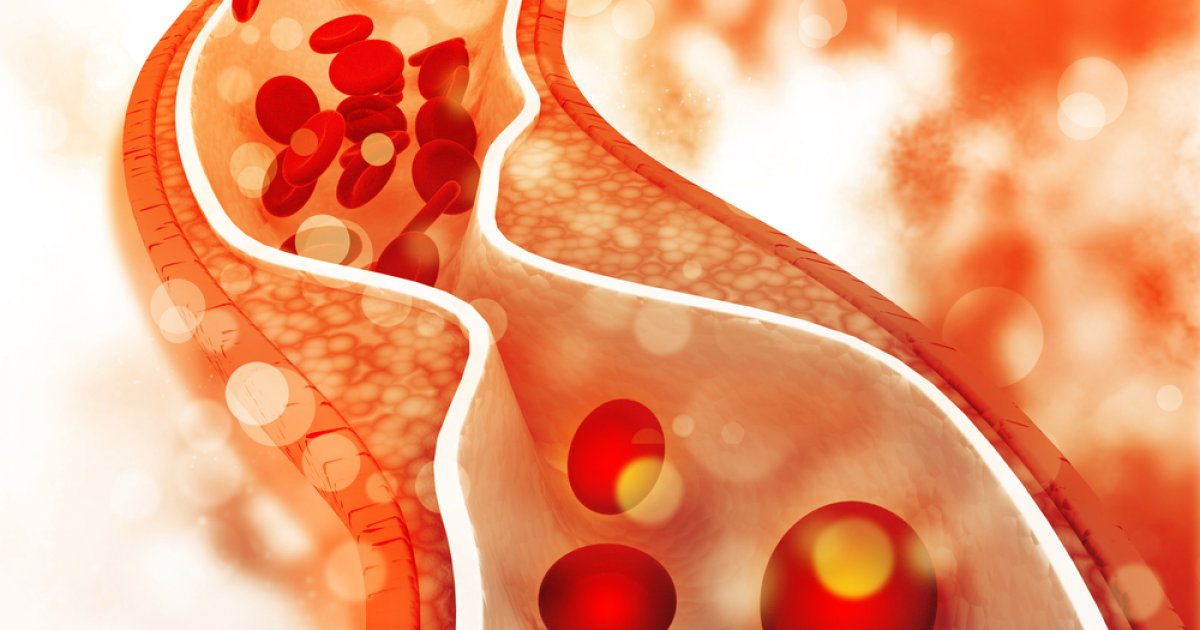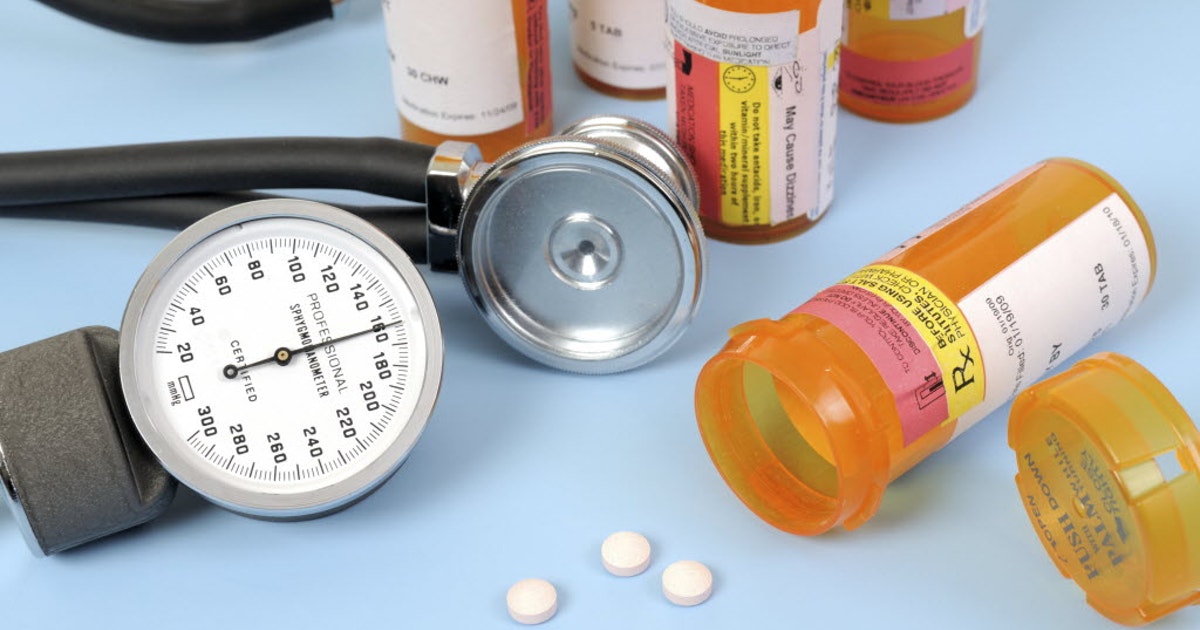Guide To The Treatment Of Berger's Disease
Berger's disease (IgA nephropathy) is a kidney condition that develops when an antibody called IgA becomes stuck in the kidneys. This gradually produces localized inflammation that may accumulate over the course of two decades. Eventually, Berger's disease can cause kidney failure. Berger's disease patients may have no symptoms for many years, and the condition is often detected during routine blood tests for another health concern. When symptoms do appear, they generally include high blood pressure, dark (tea or cola) urine, visible blood in the urine, and swelling of the hands and feet. Patients may also have back pain along one or both sides of the back below the ribs. To diagnose this condition, patients will need urine and blood tests. A kidney biopsy and an iothalamate clearance test may be necessary in some cases.
The treatments described below are part of the standard protocol for managing patients with Berger's disease.
Statin Therapy

Statin therapy is used to reduce cholesterol. For patients with Berger's disease, a reduction in cholesterol can slow down the rate of kidney damage, enabling patients to have a better quality of life. Some of the most commonly prescribed statins for patients with this disease include atorvastatin, fluvastatin, lovastatin, pitavastatin, and simvastatin. While taking statins, patients should be aware of potential side effects such as muscle or leg pain, vomiting, stomach cramps, and brown-tinted urine. Patients should report any troublesome or concerning side effects to their healthcare team. Since there is a large variety of statins on the market, doctors may be able to switch patients to another drug with fewer side effects. While taking statins, patients will have regular follow-up appointments and blood tests to monitor their cholesterol and kidney function.
Uncover more options for treating Berger's disease now.
Medications For High Blood Pressure

High blood pressure is one of the major complications for patients with Berger's disease, and medications for high blood pressure are often required. Typically, doctors will start by prescribing angiotensin-converting enzyme (ACE) inhibitors or angiotensin receptor blockers (ARBs). These reduce blood pressure and have also been shown to slow the progression of kidney disease. For optimal blood pressure control, some patients may also need to take beta blockers or calcium channel blockers. While taking these medications, patients may wish to monitor their blood pressure regularly at home. Readings taken at home can help providers know when medication alterations are needed. While taking blood pressure medication, patients should watch for common side effects, which include coughing, constipation, diarrhea, dizziness, nervousness, and fatigue. If patients develop a frequent cough while taking a particular blood pressure medication, they may be able to switch to another type that does not produce this side effect. While using blood pressure medicines, patients will have routine follow-up appointments to have their blood pressure measured at their healthcare provider's office.
Learn more about how to treat Berger's disease now.
